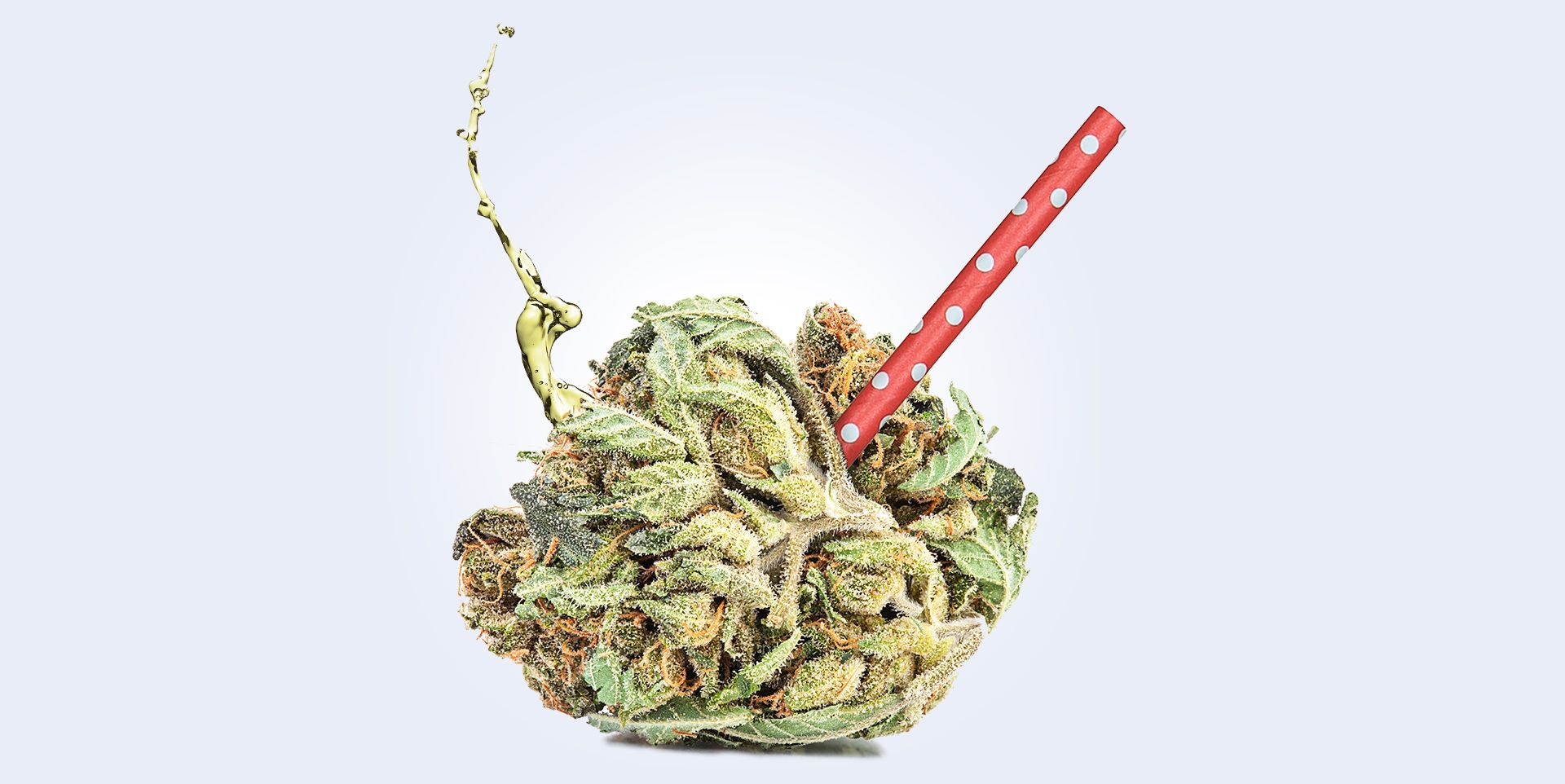Not known Factual Statements About Justice Department Announces Update To Marijuana …
Department of Health and Human Solutions, 41. 9% (more than 2 in 5) of all Americans 12 or older have used marijuana at some time in their lives, while 11. 5% (about 1 in 9) reported utilizing it “this year.” According to a 2022 Gallup study, 16% of Americans reported being cannabis smokers (up from 7% in 2013) and 48% reported trying cannabis at some time in their lifetimes (up from 4% in 1969).
According to the National Institute on Substance Abuse, “The term medical marijuana describes using the whole unprocessed cannabis plant or its basic extracts to deal with an illness or symptom.” The U.S Food and Drug Administration (FDA) has actually not officially approved cannabis as a medication. Given that the Controlled Substances Act of 1970 categorized marijuana as a Arrange I drug, up until the passage of the 2018 United States farm bill, under federal law it was unlawful to have, utilize, buy, sell, or cultivate marijuana in all U.S.
As a Schedule I compound, the highest restriction of 5 different schedules of illegal drugs, it is declared marijuana has a high capacity for abuse and has no appropriate medical usage. Regardless of this federal prohibition, some state and local federal governments established laws trying to legalize cannabis, which has reduced the number of “simple ownership” wrongdoers sent out to prison, because federal police rarely targets individuals straight for such relatively small offenses.

However, under the Supremacy Stipulation of the U.S. Constitution, federal law preempts conflicting state and local laws. The lack of a state law does not present a preemption dispute with a federal law. The federal government criminalized marijuana under the Interstate Commerce Clause, and the application of these laws to intrastate commerce were attended to directly by the U.S.
What Does Where Cannabis Is Legal In The United States Do?

1, in 2005. In January 2009, President Barack Obama’s shift team organized a poll to clarify a few of the leading concerns the American public wants to have his administration check out, and 2 of the top 10 ideas were to legislate using marijuana. In July 2009, Gil Kerlikowske, Director of the Office of National Drug Control Policy, clarified the federal government’s position when he stated that “cannabis threatens and has no medical benefit” which “legalization is not in https://wayofleaf.com/cannabis/strains/gmo-cannabis-strain the president’s vocabulary, and it’s not in mine.” A January 2010 settlement between the U.S.
Following the 2012 presidential electionGovernmental the Office of Workplace Drug Control Policy under the Obama administration stated that it “steadfastly opposes legalization of cannabis and other drugs because legalization would increase the schedule and usage of illicit drugs, and present considerable health and wellness risks”. In February 2014, the administration issued guidelines to banks for conducting transactions with legal marijuana sellers so these brand-new businesses can stash away cost savings, make payroll, and pay taxes like any other business.
On August 29, 2013, the Justice Department adopted a brand-new policy (referred to as the Cole memo) concerning the enforcement of federal law in states that have actually legalized non-medical cannabis. The policy specified that commercial distribution of marijuana would be normally tolerated, other than in specific situations, such as if violence or guns are involved, the earnings go to gangs and cartels, or if the marijuana is distributed to states where it is illegal.